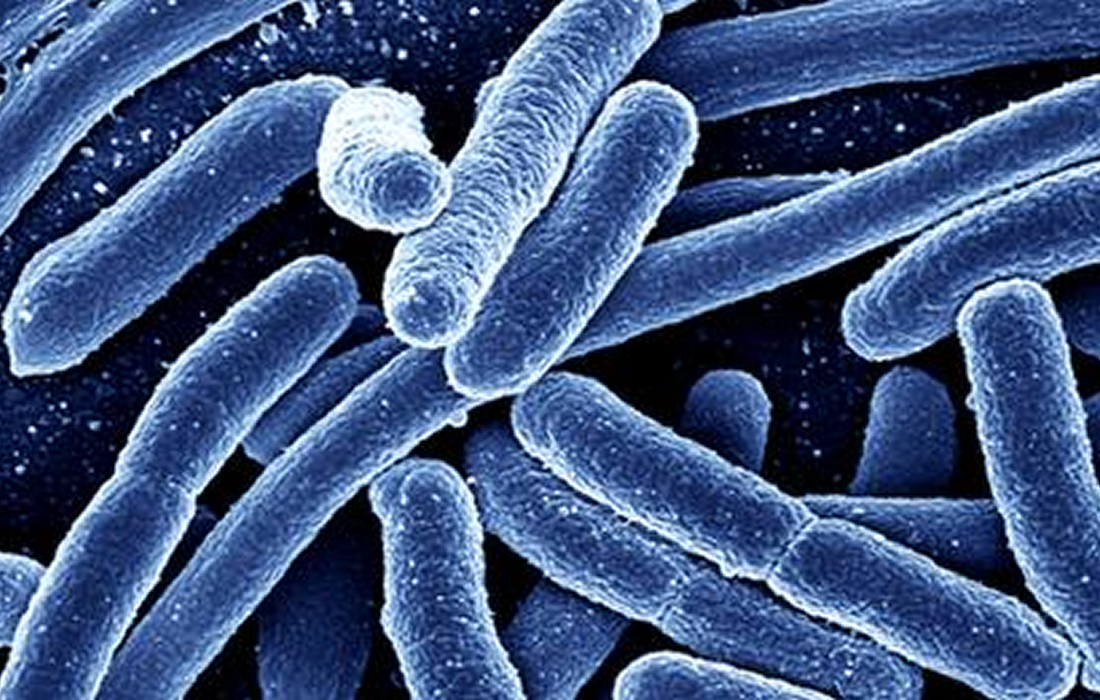Regenerative Medicine News and General Information
Could a Bacterial Infection Cause Colon Cancer?
A new study by researchers from the Johns Hopkins University Bloomberg School of Public Health has identified a bacterial protein associated with colorectal cancers. The newly identified toxin common in E. coli bacteria accelerated colon cancer in a mice study, which confirms a link to human colorectal cancers and could pave the way for developing preventive drugs. The study was published in the journal Cancer Discovery.
Escherichia coli (E. coli) is a bacteria that normally lives in the intestines of healthy people and animals. Most types are harmless or cause relatively brief diarrhea, or that’s what we thought.
The discovery raises the possibility that some of the roughly 2 million new cases of colorectal cancer every year around the world originate from brief and seemingly mild food-poisoning events, and it also points to the possibility of future drugs that prevent colorectal cancers by neutralizing the newly identified toxin, UshA.
Prior studies have suggested that some bacteria that reside in the gut can trigger colorectal cancer via persistent infections involving chronic gut inflammation, but short-term infections have traditionally been considered non-carcinogenic.
The scientists experimented with a genetically engineered line of mice that spontaneously develop colon tumors, and found that infecting these mice with UshA-containing Citrobacter dramatically accelerated tumor development. By contrast, infection with an engineered Citrobacter that lacks the UshA gene had essentially no effect in accelerating tumor development.
Citrobacter rodentium was used due to its strong similarities to diarrhea-causing strains of human-infecting microbe E. coli.
The researchers also found that the types of mutations in the Citrobacter-accelerated colon tumors were highly similar to those that have been cataloged in human colon tumors, again underscoring the potential relevance to human health.
They hope that the study will motivate other researchers to do epidemiological studies to investigate this potential link between transient diarrheal infections and colon cancer development.
Sources:
Johns Hopkins University Bloomberg School of Public Health. “Mouse study identifies bacterial protein associated with colorectal cancers: Newly identified toxin common in E. coli bacteria accelerated colon cancer in study mice; confirming link to human colorectal cancers could pave way for developing preventive drugs.” ScienceDaily. ScienceDaily, 12 January 2022. <www.sciencedaily.com/releases/2022/01/220112121515.htm>.
https://www.mayoclinic.org/diseases-conditions/e-coli/symptoms-causes/syc-20372058
Image from:
https://www.bbc.com/news/health-13639241

